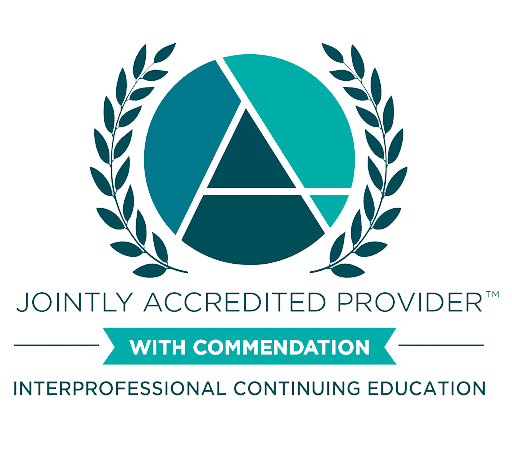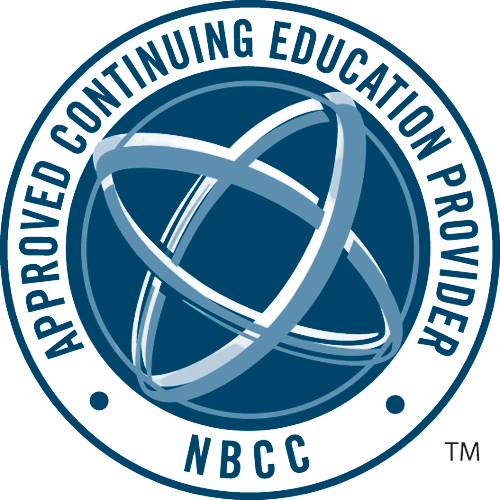A Resource for Healthcare and Social Services Professionals
August 16, 2024
12:00 pm–12:30 pm ET
High-intensity drinking (HID), defined by the National Institute on Alcohol Abuse and Alcoholism (NIAAA) as consuming alcohol at levels that are 2-3x more than the gender-specific binge drinking thresholds, is an emerging and dangerous public health concern. This training will provide an overview of what constitutes high-intensity drinking, as well as current epidemiology and the risks of HID consumption patterns. Risk factors associated with high-intensity drinking will be explored, including age, peer influence, and environment. This session will also provide practical, evidence-based strategies to promote healthier alcohol consumption patterns to reduce high-intensity drinking.
Via Zoom
High-intensity drinking (HID), defined by the National Institute on Alcohol Abuse and Alcoholism (NIAAA) as consuming alcohol at levels that are 2-3x more than the gender-specific binge drinking thresholds, is an emerging and dangerous public health concern. This training will provide an overview of what constitutes high-intensity drinking, as well as current epidemiology and the risks of HID consumption patterns. Risk factors associated with high-intensity drinking will be explored, including age, peer influence, and environment. This session will also provide practical, evidence-based strategies to promote healthier alcohol consumption patterns to reduce high-intensity drinking.
Clinical staff and non-clinicians.
Brittany (Britt) is a clinical nurse educator for Boston Medical Center's Grayken Center for Addiction Training and Technical Assistance. After starting her professional career at Boston Medical Center, she is thrilled to return to her roots supporting patients with substance use and caring for adolescent patients. She is a doctorally prepared, board-certified family nurse practitioner. Her passion is caring for youth and families, especially those with substance use disorder. Her clinical interests include adolescents/young adults, co-occurring mental health disorders, optimizing safety/overdose prevention, and improving continuity of care among DCF/DYS-involved youth. She has over a decade of experience working in addiction medicine from clinical operations to education/training. She pursued her DNP degree to continue to work to bring best practices into clinical care. Britt has published on various topics, including stigma for youth, caring for adolescents with substance use disorders and the role of addiction training for providers. She has also co-authored a book chapter on caring for adolescents with substance use. She is a member of Sigma Theta Tau International and AMERSA (The Association for Multidisciplinary Education and Research in Substance use and Addiction). She received her Doctor in Nursing Practice (DNP) and Master's in Nursing degrees from the University of Massachusetts, Graduate School of Nursing. She also has a Master's in Medical Science from Boston University Chobanian & Avedisian School of Medicine.
Andrea Jodat, DNP, FNP-BC, CARN-AP (she/her)Andrea is a clinical nurse educator for Boston Medical Center's Grayken Center for Addiction Training and Technical Assistance, where she contributes to the development and delivery of continuing education programs, peer-reviewed publications, evidence-based clinical guidelines, and other resources for providers supporting patients with substance use disorders. She is also a family nurse practitioner at Boston Medical Center, an assistant professor of medicine at the Boston University Chobanian & Avedisian School of Medicine, and conducts research in the use of telehealth and coordinated care for persons with opioid use disorder and depression. Andrea is an active member of the Boston University Medical Group Advanced Practice Provider Council and the Massachusetts Coalition of Nurse Practitioners. Andrea has worked with vulnerable populations for over 10 years including managing substance use disorders and overall healthcare for persons experiencing homelessness with the Boston Health Care for the Homeless Program. She is a term lecturer and preceptor for nurse practitioner students at the Massachusetts General Hospital Institute of Health Professions (IHP) and received her Doctor in Nursing Practice (DNP) degree from the IHP in 2018. She also holds certification as a Certified Addiction Registered Nurse - Advanced Practice (CARN-AP) through the Addictions Nursing Certification Board (ANCB).
Following this training, participants will have the knowledge necessary to:
Boston Medical Center Grayken Center for Addiction TTA, Department of Public Health, Bureau of Substance Addiction Services (DPH/BSAS)
Funding for out of state attendees is provided by the Opioid Response Network (ORN).
Funding for this initiative was made possible (in part) by grant no. 1H79TI083343 from SAMHSA. The views expressed in written conference materials or publications and by speakers and moderators do not necessarily reflect the official policies of the Department of Health and Human Services; nor does mention of trade names, commercial practices, or organizations imply endorsement by the U.S. Government.
REQUIREMENTS for credit
Please note this policy is strictly enforced for accreditation purposes. Participants will forfeit collection of credit and certificates of completion if more than 10 minutes of the training is missed.
Joint Accreditation Statement for CME, Nursing
 In support of improving patient care, Boston University Chobanian & Avedisian School of Medicine is jointly accredited by the Accreditation Council for Continuing Medical Education (ACCME), the Accreditation Council for Pharmacy Education (ACPE), and the American Nurses Credentialing Center (ANCC), to provide continuing education for the healthcare team.
In support of improving patient care, Boston University Chobanian & Avedisian School of Medicine is jointly accredited by the Accreditation Council for Continuing Medical Education (ACCME), the Accreditation Council for Pharmacy Education (ACPE), and the American Nurses Credentialing Center (ANCC), to provide continuing education for the healthcare team.
CME
Boston University Chobanian & Avedisian School of Medicine designates this live activity for a maximum of 0.50 AMA PRA Category 1 Credit(s)™. Physicians should claim only the credit commensurate with the extent of their participation in the activity.
Nursing
Nursing Contact Hours: 0.50 contact hours, of which 0.00 are eligible for pharmacology credit.
LMHC
 BMC Grayken Center of Addiction TTA has been approved by NBCC as an Approved Continuing Education Provider, ACEP No. 7188. Programs that do not qualify for NBCC credit are clearly identified. BMC Grayken Center of Addiction TTA is solely responsible for all aspects of the programs. For this program, 0.50 contact hours will be offered to participants who attend the training and complete the evaluation.
BMC Grayken Center of Addiction TTA has been approved by NBCC as an Approved Continuing Education Provider, ACEP No. 7188. Programs that do not qualify for NBCC credit are clearly identified. BMC Grayken Center of Addiction TTA is solely responsible for all aspects of the programs. For this program, 0.50 contact hours will be offered to participants who attend the training and complete the evaluation.
LADC/CADC & Recovery Coach
Boston Medical Center Grayken Center for Addiction Training and Technical Assistance is approved by the Massachusetts Department of Public Health, Bureau of Substance Addiction Services (DPH/BSAS) to award LADC/CADC and Recovery Coaches who complete this trainings 0.50 continuing education credits.
Community Health Worker
Boston Medical Center Grayken Center for Addiction Training and Technical Assistance is approved by the Massachusetts Department of Public Health, Board of Community Health Workers to award community health workers who complete this training 0.50 continuing education credits.
Disclaimer
Continuing education (CE) requirements vary by license and jurisdiction. When requesting continuing education credits, please ensure you are following the rules and regulations determined by the board regulating your license. Boston Medical Center Grayken Center for Addiction TTA does not oversee adherence to licensing requirements and regulations.
THIS CONTINUING EDUCATION PROGRAM IS INTENDED SOLELY FOR EDUCATIONAL PURPOSES FOR QUALIFIED HEALTHCARE PROFESSIONALS. IN NO EVENT SHALL BOSTON UNIVERSITY BE LIABLE FOR ANY DECISION MADE OR ACTION TAKEN IN RELIANCE ON THE INFORMATION CONTAINED IN THE PROGRAM. IN NO EVENT SHOULD THE INFORMATION CONTAINED IN THE PROGRAM BE USED AS A SUBSTITUTE FOR PROFESSIONAL CARE. NO PHYSICIAN-PATIENT RELATIONSHIP IS BEING ESTABLISHED. IN NO EVENT SHOULD INFORMATION IN THE MATERIALS REGARDING LAWS, REGULATIONS, OR LEGAL LIABILITY BE CONSIDERED LEGAL ADVICE OR USED AS A SUBSTITUTE FOR CONSULTING WITH AN ATTORNEY.